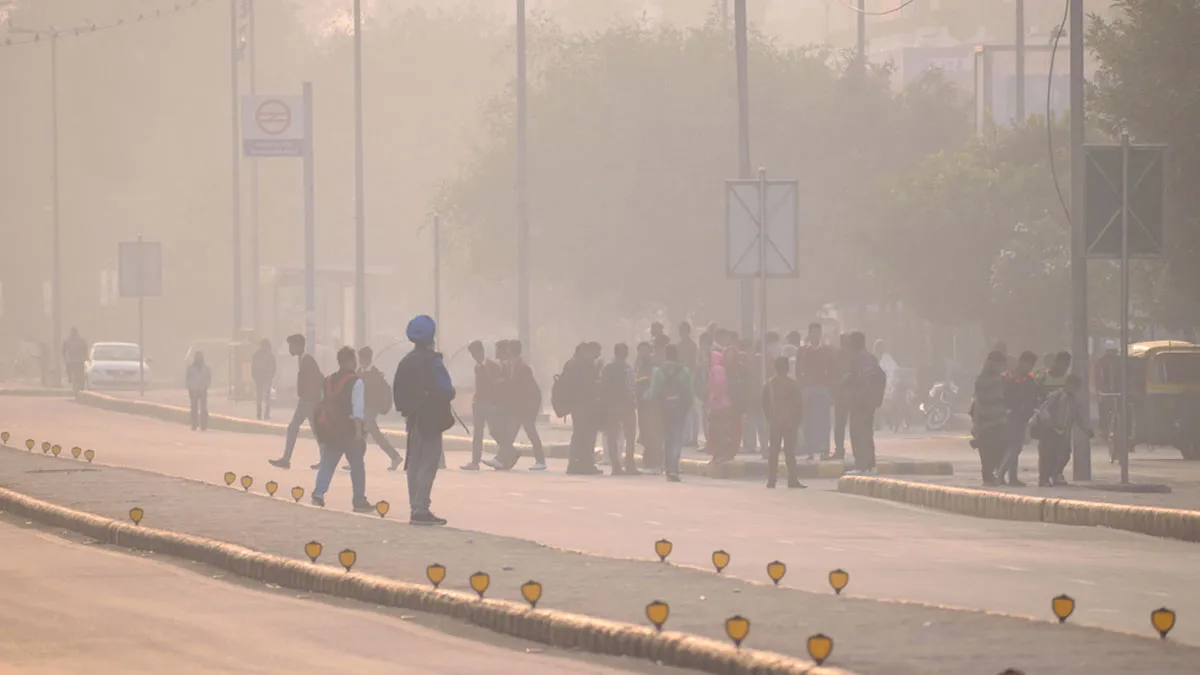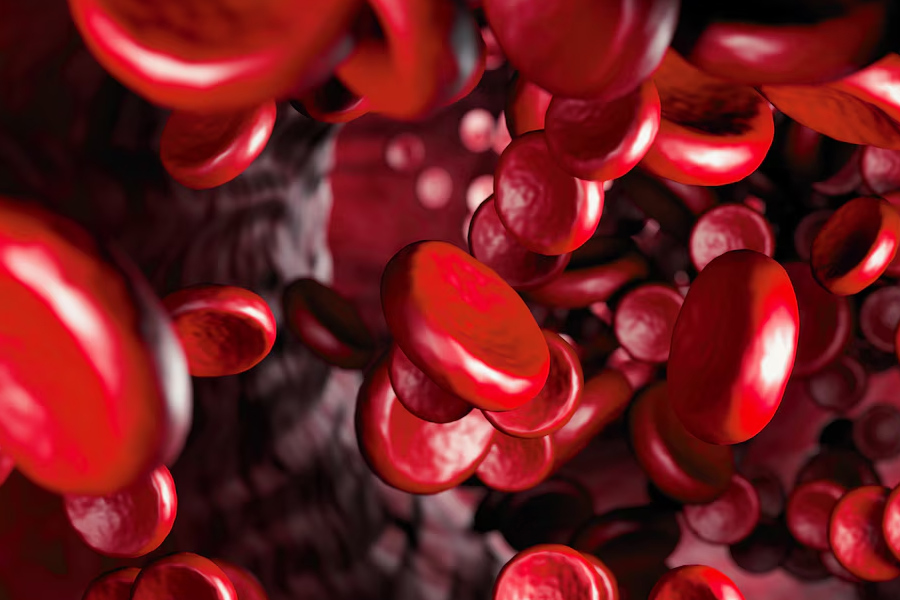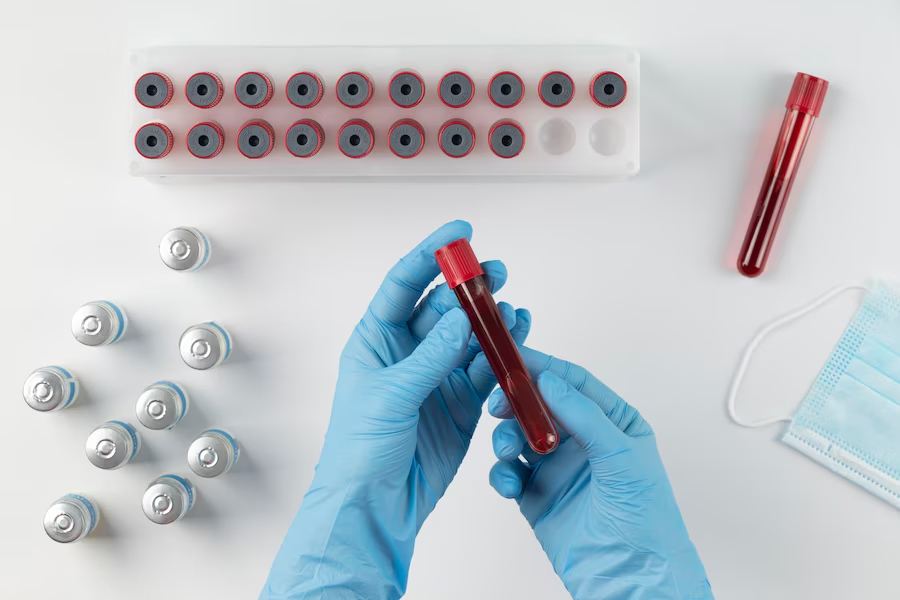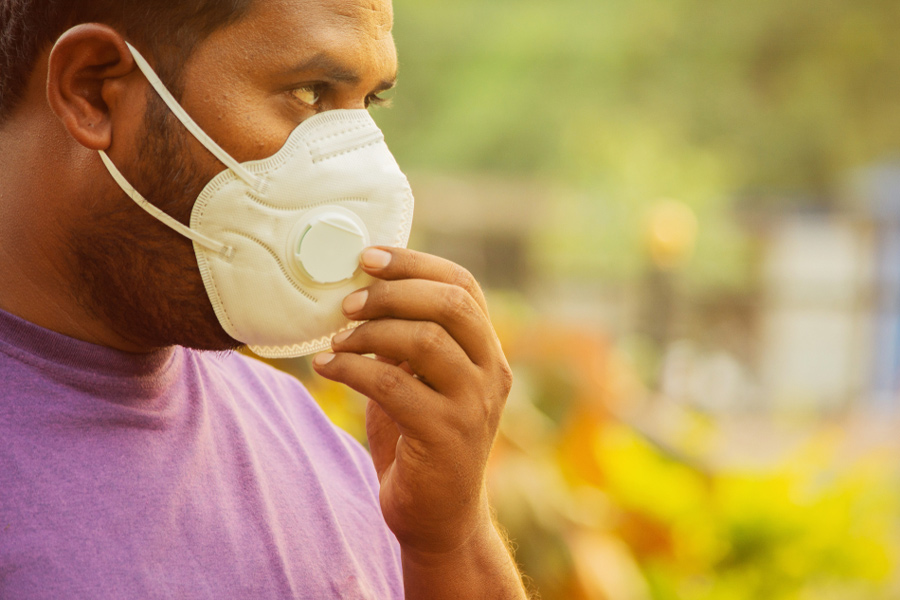
Delhi's air quality has deteriorated once again, with the Air Quality Index (AQI) surpassing the 400 mark, placing it in the 'severe' category. The latest average AQI has reached over 440, and some areas in the National Capital Region (NCR) are reportedly experiencing even more alarming levels, falling into the 'severe-plus' category. In response, government authorities have implemented Stage 4 anti-pollution measures under the Graded Response Action Plan (GRAP).
Table of Content:-
The worsening air quality in Delhi not only poses a severe health threat but also increases the risk of Cardiovascular Diseases (CVD). Long-term exposure to polluted air has been associated with blood vessel inflammation and elevated blood pressure levels. This inflammation can, in turn, promote the formation of blood clots, which can lead to serious complications such as heart attacks and strokes. To understand this link further, the OnlyMyHealth team spoke to Dr Sanjay Bhat, Senior Consultant - Interventional Cardiology, Aster CMI Hospital, Bengaluru, to get some answers.
Also Read: Haemophilia: What Men Need to Know About This Genetic Bleeding Disorder
How Air Pollution Contributes To Blood Clot Risk

A blood clot, also known as a thrombus, forms when platelets and proteins work together to stop bleeding from damaged blood vessels. While they are usually harmless and go away on their own after an injury heals, blood clots can sometimes be dangerous if they block blood vessels or travel through the circulatory system, blocking blood flow to the heart, lungs, and other organs.
In more severe cases, excessive blood clotting, also called hypercoagulation, can occur when blood clots form too easily or don't dissolve properly, leading to heart attack, stroke, organ damage, or even death.
Factors like immobility, age, family history, obesity, and lifestyle can increase the risk of developing a blood clot. Additionally, air pollution can also be a major contributor, according to Dr Bhat.
"Research indicates that exposure to certain airborne pollutants can lead to inflammatory responses and vascular changes that contribute to clot formation," he said, adding that specific pollutants have been linked to adverse cardiovascular outcomes, including an increased likelihood of clotting events.
A study published in the journal Blood showed that higher levels of fine particulate matter (PM2.5), nitrogen dioxide (NO2), and nitrogen oxides (NOx) were associated with a greater risk of developing blood clots, particularly venous thromboembolism (VTE). This condition occurs when blood clots form in the veins.
Dr Bhat shared that these pollutants can induce oxidative stress and inflammation, which may disrupt normal blood flow and promote the aggregation of platelets, thereby heightening the risk of thrombus formation.
Who Is More At Risk Of Blood Clot Formation Amid Poor Air Quality?

Certain groups of people may be more vulnerable to air pollution and the risks associated with it. These especially include the elderly and young children. While older adults often have health conditions that can worsen with poor air quality, children, still growing, are more sensitive to environmental toxins, explained Dr Bhat.
Moreover, people with underlying health problems, regardless of age, are also at higher risk.
Also Read: Swelling, Pain, Redness, and More: Expert Explains Thrombosis and Its Treatment Measures
What Measures Can People Take Against Air Pollution?

Protecting yourself against poor air quality involves various strategies ranging from preventive measures to lifestyle modifications to certain investments.
According to Dr Bhat, one effective approach is to enhance indoor air quality by utilising air purifiers, ensuring proper ventilation, and regularly cleaning living spaces to eliminate dust and allergens.
Individuals should also limit outdoor activities during times of high pollution, such as smoggy days or when wildfires are prevalent, and opt for public transportation, carpooling, or cycling to decrease vehicular emissions.
It is also important to be a responsible citizen by engaging in community initiatives aimed at reducing pollution, such as tree planting or advocating for cleaner energy sources. Furthermore, maintaining a balanced diet rich in antioxidants may help bolster the body’s defences against the adverse effects of air pollution, Dr Bhat concluded.
Also watch this video
Read Next
Struggling To Go Slow On Your Pre-Holiday Booze? Scientists Say You'll Stop By THIS Simple Method
How we keep this article up to date:
We work with experts and keep a close eye on the latest in health and wellness. Whenever there is a new research or helpful information, we update our articles with accurate and useful advice.
Current Version
